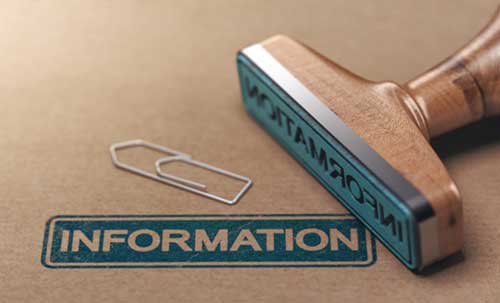What Changes Does the New Tax Year Bring?
With the end of one tax year, comes the beginning of another. The new era however doesn’t just represent the approach of another self-assessment deadline. Several tax changes have been implemented as of 6th April 2019, but what does the start of the 2019/20 tax year mean for you?
As a leading provider of accounting solutions to sole traders and small businesses, we make it our mission to keep up with the latest, so our clients don’t have to. With this in mind, we’ve compiled a comprehensive guide to the changes to expect for the tax year ahead.
An increased personal allowance
The personal allowance provides a vital tax relief for both the self-employed and employed. This year, a slight increase means you’ll keep more of the money you’ve worked so hard to earn. The personal allowance for the 2019/20 tax year has increased by £650. You can now earn up to £12,500 before you have to pay any basic rate income tax.
The higher rate threshold has also been increased, meaning earners at the other end of the spectrum will keep more of their money too. The higher rate threshold has increased from £46,350 to £50,000 for the new tax year.
No change for the ISA
The amount you can save tax-free courtesy of a Cash ISA or Stocks and Shares will remain the same at £20,000. Junior savers will have a slight advantage however; the amount they can save tax-free increases to £4,368 this tax year.
More pension savings to be made
Since being rolled out under the Pensions Act 2008, auto-enrolment has changed the way we save for the future. There are now more than 10 million workers enrolled into a workplace pension scheme. With a new tax year comes a significant change to your or your workers’ auto-enrolment contributions. Previously 3% of a worker’s salary would be put into their pension pot. As of 6th April 2019, this contribution will almost double to 5%, which is great for the future. It is however not so great for a worker’s take home pay now, with the average employee taking a £400 pay cut as a result.
Business rates cut by a third
The average company’s struggle with spiralling business rates is unfortunately common knowledge. But as we’re on the verge of Brexit, it appears the government are doing more to support the business world. Small retailers, shops and businesses with rateable values of £51,000 or less will see their business rate bill cut by a third. That’s a saving of up to £8,000!
If you would like to find out more about changes that may affect you in the coming tax year, contact us on 0191 251 7599 and we’ll be happy to help.



